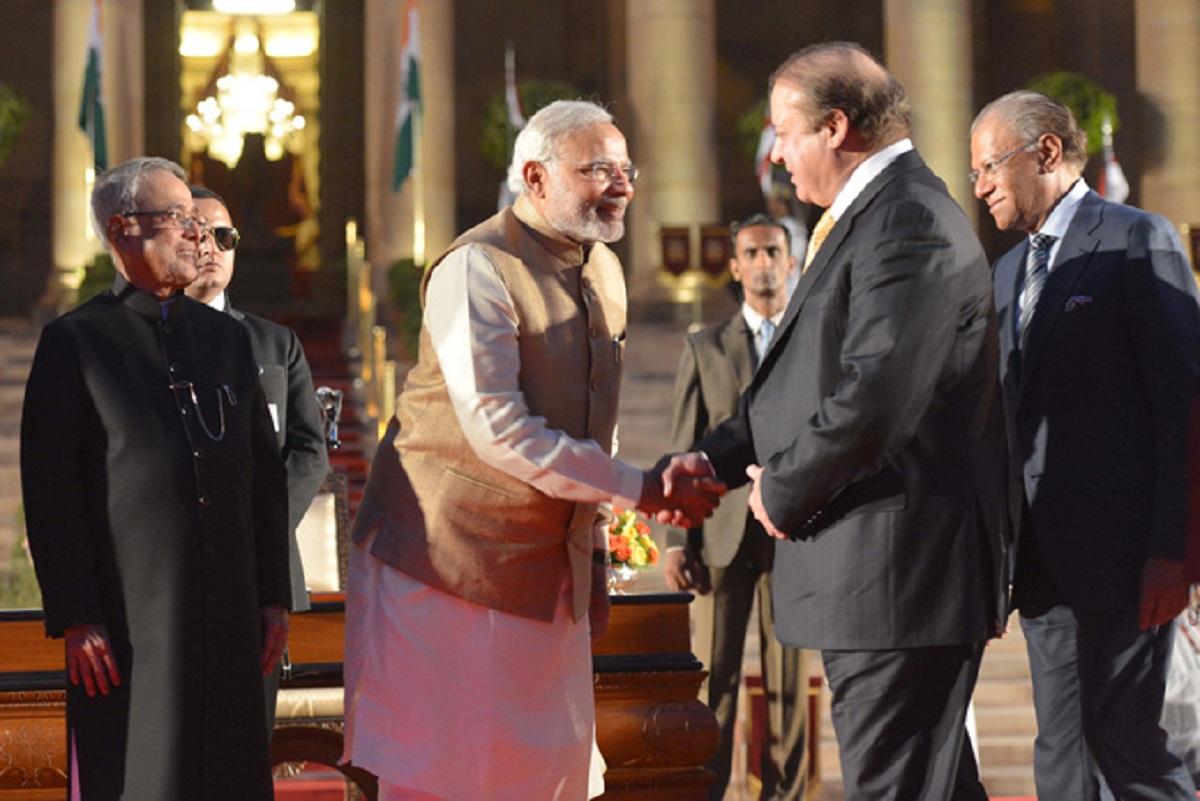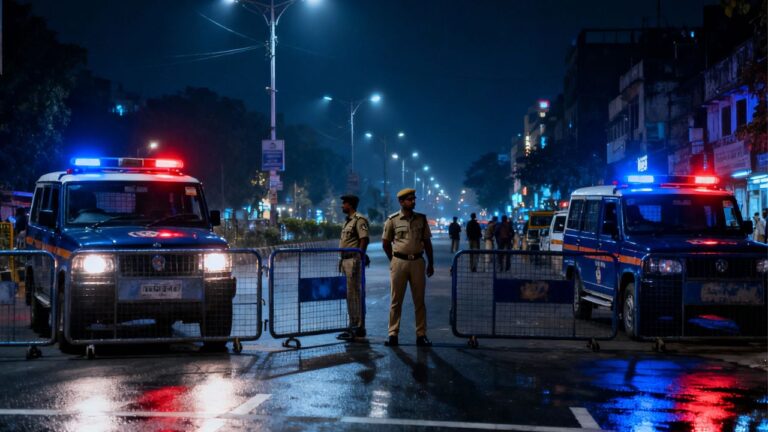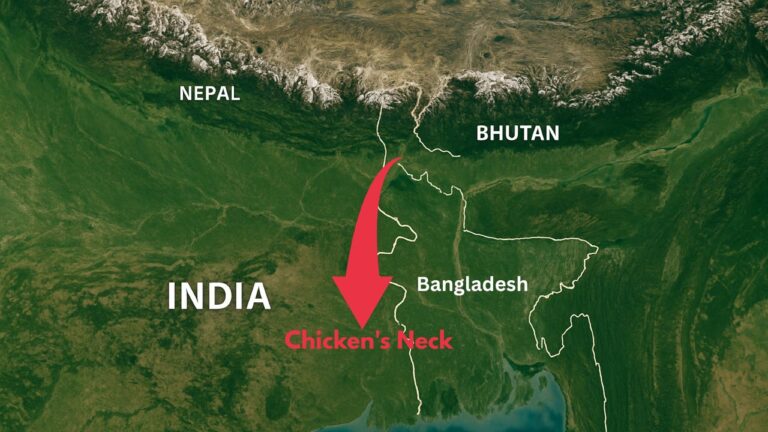
India’s geopolitical landscape is undergoing significant shifts, with the rise of China emphasizing the need for New Delhi to reassess its neighbourhood policy. While Pakistan has historically dominated India’s regional concerns, smaller neighboring nations are emerging as potential trouble spots, demanding India’s attention and engagement.
Traditionally, India’s focus on the neighbourhood was overshadowed by global partnerships, relegating regional concerns to secondary status. However, the evolving power dynamics, particularly China’s assertiveness, necessitate a broader perspective beyond Pakistan.
Challenges of Domestic Political Transitions
Recent elections in Bangladesh and the Maldives have underscored the impact of domestic political changes in smaller nations on India’s strategic interests. New Delhi’s attempts to influence regional dynamics, such as promoting tourism in Lakshadweep as an alternative to the Maldives, have often backfired.
India’s foreign policy in the region grapples with the complexities of dealing with smaller, occasionally unpredictable neighbors. Unlike the adversarial relationship with Pakistan, other neighboring countries present a mix of challenges and opportunities, requiring nuanced diplomatic maneuvers.
As advocated by ancient strategist Kautilya, the neighbourhood holds paramount importance for any nation’s security. With threats often originating in the vicinity, regional dominance becomes a critical yardstick for great power status.
South Asia in the Global Power Play
Unlike the Cold War era, South Asia now occupies a central stage in the geopolitical contest between major powers. China’s efforts to counterbalance India within the region by leveraging smaller nations underscore the strategic significance of South Asia.
Even traditionally friendly neighbors like Bangladesh exhibit fluidity in their foreign policy alignments, driven by domestic politics and external pressures. The emergence of movements like ‘India Out’ highlights the volatility inherent in regional dynamics.
While smaller nations may tilt towards China opportunistically, Beijing’s occasional missteps provide openings for India to recalibrate regional equations. Sri Lanka’s debt burden and Nepal’s concerns over Chinese investments exemplify instances where India can assert its influence.
Pakistan’s Constrained Position
Unlike its smaller neighbors, Pakistan’s geopolitical position limits its ability to maneuver between India and China. Nonetheless, Islamabad’s internal challenges currently mitigate its historical role as a primary regional disruptor.
India’s neighborhood policy must evolve to address the changing geopolitical landscape, emphasizing engagement with smaller nations beyond the traditional focus on Pakistan. While challenges persist, leveraging regional dynamics and capitalizing on strategic opportunities can enhance India’s position in its immediate vicinity.






